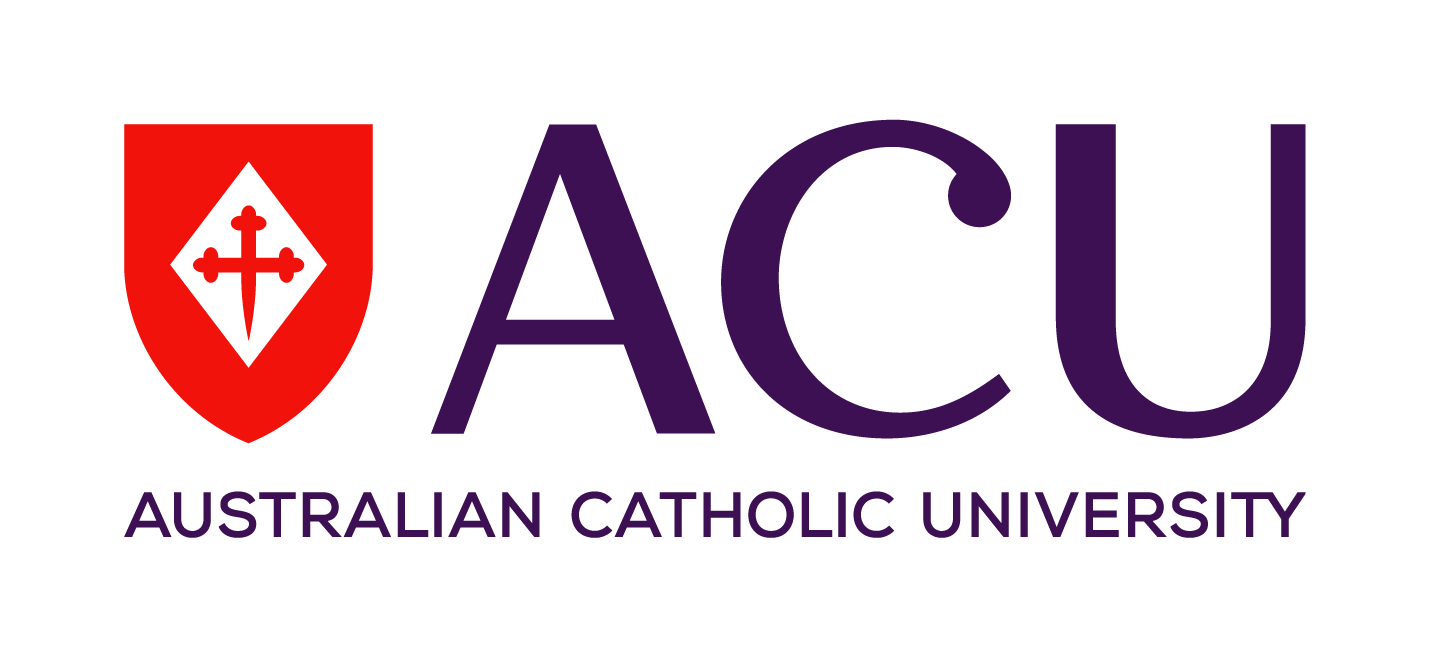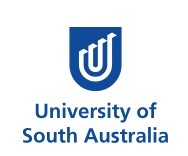
Bachelor of Accounting (Pathway to Master of Management (Business Analytics))


Entry requirements
3 YEAR(S) FULL-TIME
NO
AUD$ 36,100 PER ANNUM
FEBRUARY JULY
> English language entry requirements
> In addition, international students who speak English as a foreign language must have obtained one of the following standards within the last two years prior to admission. Possession of one or more of these qualifications, in addition to the academic entry requirements, does not, in itself, guarantee a place at the University of South Australia. Applications are considered on an individual basis and selection is competitive. Where previous study/work experience was conducted in English, the application must be accompanied by certified documentation from the educational institution/employer certifying that the language of instruction/employment was English.
> English language test
> IELTS total [6.0]
> IELTS reading [6.0]
> IELTS writing [6.0]
> Admission Requirement-2.61
Inquire Now
Degree overview
- Complete a commerce undergraduate and postgraduate management degree in just four years through our Fast-track to Masters program.
- Graduate with a highly diverse skill-set and broader career opportunities.
- Gain real-world experience through an industry internship, a mentorship opportunity or an overseas study tour.
- Both on campus and mixed mode study options are available, providing you with flexibility throughout your studies.
- Develop strong problem solving, reporting, decision-making, communication and teamwork skills, and learn about the economic, legal and political influences that impact global business.
- Develop the knowledge for a successful and rewarding career in accounting and business advisory with an industry-accredited degree.
- Develop career-ready skills employers are looking for once you graduate, with enterprise skills embedded in all business courses.
- Develop advanced skills in leadership, management and data-driven decision making.
- Study business analytics strategies and techniques to pull valuable insights from organisational data and predict future outcomes.
- Learn to visualise data and effectively communicate data-based insights.
- Develop a strong foundation of ethics for data management.
- Study at the No.1 university in South Australia for graduate careers in Business and Management1.
- Study a curriculum informed by world-class research in Accounting and Management2.
- Study at a university recognised globally in Business. UniSA Business is in the top one per cent worldwide and has been awarded an overall five stars for excellence3.
- UniSA Business is accredited by both AACSB International and EFMD (EQUIS) – the world’s leading accreditation bodies.
- Study at a Top 5 business school in Australia for quality.
Career outcomes
Careers to consider:
- Auditor/Risk consultant: ensuring financial and operational integrity and compliance; evaluating and reporting on financial, operational and managerial processes and systems; working on business process reviews and risk assessments.
- Business adviser: working with new or established businesses; analysing business plans and financial statements; advising on investments, marketing, funding and financial trends; understanding consumer needs and how to improve profitability; problem solving with clients.
- Forensic accountant: working in a corporate or regulatory environment to investigate fraud and similar crimes; researching and preparing forensic reports for courts; providing expert evidence.
- Insolvency and reconstruction adviser: working with and achieving the best possible results for stakeholders in cases of personal and business financial distress; administrations and liquidations; restructuring under performing businesses and turnarounds.
- Management accountant: assisting senior management make critical business decisions; preparing forecasts, budgets and risk analysis; advising managers about the financial implications of business decisions.
- Practising accountant: working for private sector, government or individuals; preparing tax returns; keeping accounting systems up-to-date; maintaining financial records; advising on business structures.
- Tax accountant/Corporate tax consultant: compiling company and other business tax returns, and individual tax returns; providing tax planning advice and strategies.
- Big Data Analytics Specialist: analysing, interpreting and presenting large, complex data sets; interpreting data and communicating findings help inform wider business decision making.
- Business Intelligence Analyst: collecting, storing and analysing data from business operations; developing comprehensive business metrics to support business decision making.
- Market Research Analyst: compiling and analysing data from a range of sources including customers, competitors and the wider market place; consolidating data into information for use in organisational reporting; designing surveys to discover customer preferences.
Popular Courses
Find your perfect course
Head Office
Kamaladi, Kathmandu
Tel: +977 14542781, 9845566225
E-mail: info@landmarkedu.com
Sydney office
46 Macquarie Street,
Parramatta, NSW
Tel: +61 415 122 814
Branch office
Tel: 056-590825
Tel: 021-590828
Tel: 977-71-591694




